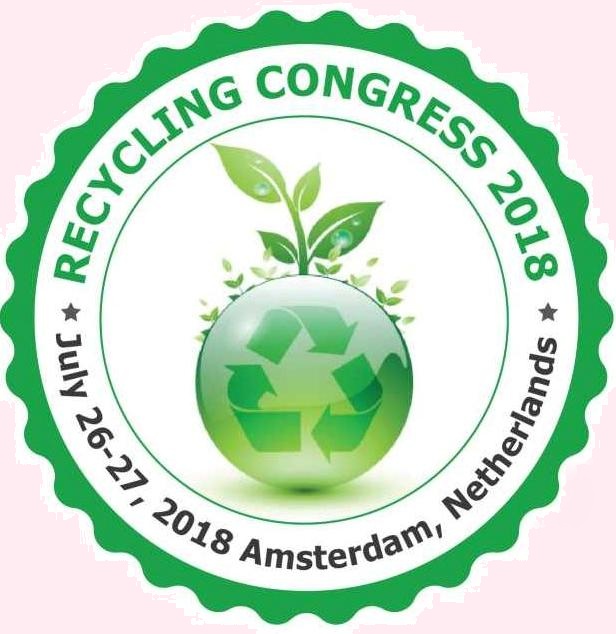
Ji Whan Ahn
Korea Institute of Geosceinces and Mineral Resources(KIGAM),Korea
Title: Carbon money system-recycling of waste paper in response to climate change
Biography
Biography: Ji Whan Ahn
Abstract
Thirty five per cent (about 4 billion trees) of forests in the world are used as raw materials for paper, and production of paper raw materials have increased 400% over the past 40 years. It has been reported that, by recycling waste paper, 30,000 liters of water, 17 - 31 trees, 4,000 kWh of electricity, and 60 pounds of air pollutants can be reduced when producing 1 ton of paper. Research conducted in 2010 indicates that recycling 1 ton of waste paper reduces 1,070 kg of CO2 and 95% of air pollutants, and 28 to 70% of water andelectric power contributable to climate change mitigation actions, reduction of environmental pollution and energy use. In order to cope with climate change, 17 European countries have implemented COST Action E48 project, which involves collection of wastes. It took about 5 years to build the relevant policy basis, waste recycling guide and system. According to the United States Environmental Paper Network (US EPN), it is possible to save 937 kg of CO2, 3,224 kWh of energy, 42,465 liters of water and 340 kg of wastes when recycling 1 ton of wastes. Pilot program of the ‘Carbon Money System’ to be installed in the Olympic Park with aims to stimulate paper raw materials businesses through recycling and incorporating “low-carbon city” model as part of the Carbon Mineralization Flagship.

